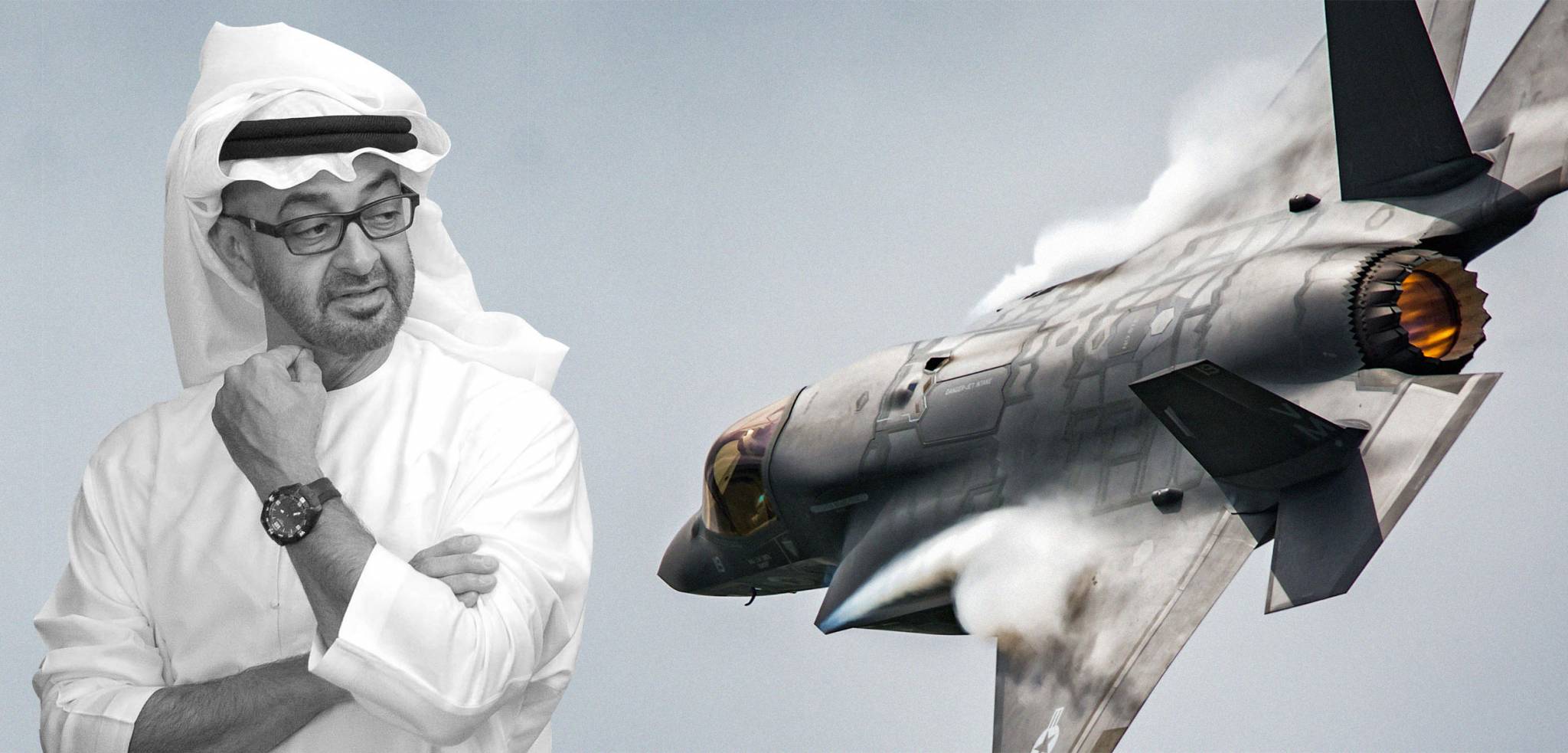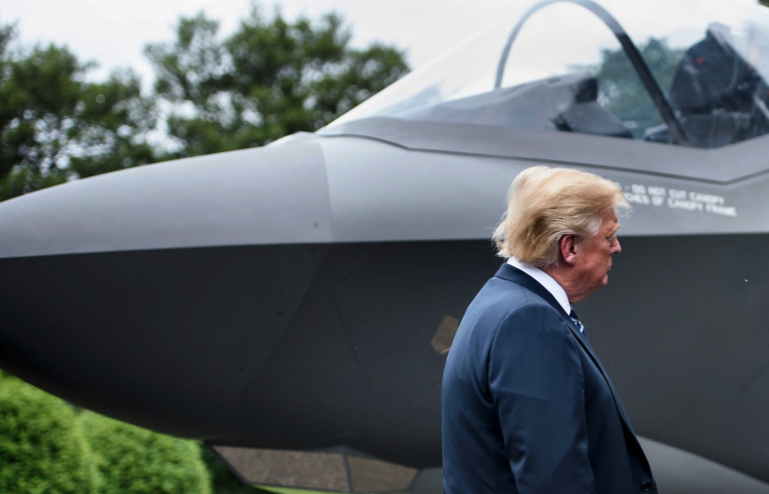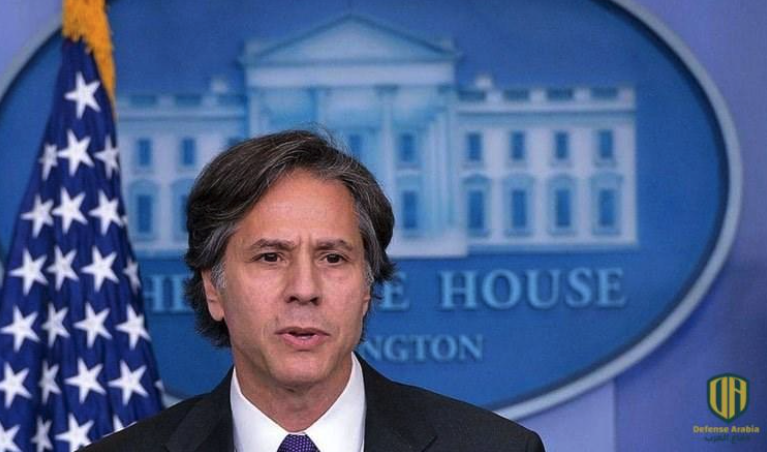
The recent controversy over the United Arab Emirates (UAE) intention to suspend its F-35 deal with the United States is the latest disappointment in the deteriorating relationship between the US and the Middle East, under the Biden Administration. It adds to US-Turkey disputes over the same jet fighters, cutting a large portion of the US annual military aid to Egypt, and freezing arms deals with Saudi Arabia. While Turkey, Egypt, and Saudi Arabia are still patient with the Biden Administration’s hesitant and contradicting policies, it seems that the UAE has decided to move on with pursuing alternative armament resources that are less complicated.
On December 5th, the UAE signed a contract with France to purchase a record number of 80 Rafale fighter jets, with a cost of US$ 19 billion. This is the first time the UAE, or any other Arab Gulf country, make such a big armament deal with any arms exporter, other than the United States. Many observers, including the writer of this analysis, interpreted the move within the frame of lingering negotiations between the UAE and the US on fulfilling the F-35 deal.

One week after, on December 14th, the UAE Embassy in Washington confirmed the news about UAE’s intention to suspend negotiations with the Biden Administration over fulfilling the US$23 billion armament deal, signed with the Trump Administration in December 2020, to purchase 50 pieces of F-35A fighters, 18 pieces of MQ-9B Reaper drones, and miscellaneous munition. The UAE statement justified the decision by reassessing “the technical requirements, sovereign operational restrictions, and cost-benefit analysis.”
The F-35 fighters have been a precious target that the UAE worked hard to earn. Over the past ten years, the UAE leadership poured massive investments in improving the capacity of the Emirati military. Despite the relatively small size and limited expertise of UAE’s military personnel, Global Firepower ranking of 2021, put the UAE army in the top six strong militaries of the Middle East, alongside the old and established armies of Egypt, Turkey, and Iran. If the UAE military successfully seizes the F-35 fighter jets, it will become the most technologically advanced army, among all Arab countries.
Currently, only nine countries, worldwide owns the F-35 fighter jets. Israel is the only country, in the Middle East, that owns and operates the F-35. Turkey, which was a partner in the F-35 manufacturing program, since its start in 1999, could not own the most superior jets, because it got expelled out of the F-35 program in 2019, in reprisal to purchasing the S-400 defense system from Russia. Ironically, Turkey, too, is giving up on the purchase of the F-35 fighters, after wasting two years of negotiations with the US administrations of Trump and Biden on the issue. In October, the Turkish President, Erdogan, submitted an official letter to the American President, Biden, proposing the reallocation of the US$ 1.400 billion that Turkey has already invested in the F-35 program, to purchase new F-16 fighters and renovate the existing aircrafts. Up to this moment, Biden has not given a positive or negative response to Erdogan’s request.
At the first glance, the UAE decision seemed to be an attempt to leverage its position in the F-35 negotiations with the Biden Administration, especially because it was announced exactly one day before a scheduled meeting between Emirati and American defense officials, in Washington. The reaction of US officials to the UAE decision proves that it worked.

In an immediate reaction, on December 15th, during his visit to Malaysia, US Secretary of State, Antony Blinken, told the press that the State Department will “remain prepared to move forward with the deal, if that is what the Emiratis are interested in doing.” When asked about reasons for the delay in completing the purchase, Blinken reiterated that the Biden Administration “wanted to make sure, for example, that our commitment to Israel’s qualitative military edge is assured, so we wanted to make sure that we could do a thorough review of any technologies that are sold or transferred to other partners in the region, including the UAE.”
In fact, there is nothing new in what Blinken mentioned. In April 2021, the US State Department announced that it is ready to proceed with selling the F-35 fighters and other equipment to the UAE, after the completion of the Biden Administration’s review of the deal, which was signed under Trump, during the momentum of signing the Abraham Accords between UAE and Israel. Even, Israeli media mentioned, at that time, that Israel does not view the UAE as an enemy and thus keeping a military edge against it is not a matter of concern. However, for some reason the actual purchase has never happened.
This reason was somehow clarified by the statements of the Pentagon Press Secretary, John Kirby, later on that same day, December 14th. After confirming to the press that “the US partnership with the UAE is more strategic and more complex than any one weapons sale,” Kirby noted that all foreign arms sales by the US are conditioned by a set of end-user requirements that are “universal, nonnegotiable and not specific to the UAE.” To a great extent, Kirby’s statement echoes the UAE’s reassessment of the “technical requirements and sovereign operational restrictions” that pushed it to postpone the deal.
In that sense, the Biden Administration urgently needs to re-evaluate its foreign policy in the Middle East. The US withdrawal from Afghanistan and relative tolerance with Iran and its sponsored militia, especially in Yemen, are not the biggest concerns, in this regard. However, the Biden Administration’s stance, that is hesitant between friendship and indifference, towards important players in the region, is the most serious issue, right now. Such a flawed policy is not only intimidating to US allies in the region, but is also hurting the best economic and military interests of the United States. Even worse, it is empowering other international actors, including US rivals – Russia and China, to expand their influence by preying on the opportunities carelessly wasted by the United States.

Be the first to comment